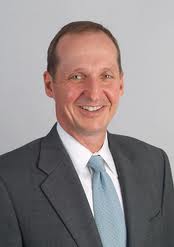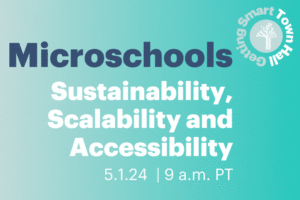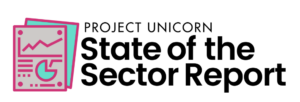ASU Boosts Completion Rates With Data & Developmental Math

Phil Regier runs a big online college of working adults. He pays attention to completion rates. President Obama set a goal of regaining the number one spot in college completion by 2020. This month I’ve been interviewing folks about meeting this lofty goal.
Dr. Regier is the Executive Vice Provost and Dean of ASU Online and Extended Campus. Serving 5,600 students, ASU is a large and rapidly growing part a university known for innovation, access, and increasing completion rates.
ASU President Michael Crow and Provost Betty Capaladi deserve credit for creating ‘a new American university’ and boosting completion rates while maintaining high levels of access and affordability.
Over Greek salad on the SkySong campus, Dean Regier discussed three keys to completion:
- Address developmental needs accurately and efficiently. The GettingSmart.com team interviewed Dean Regier 15 months ago when he announced the Knewton Math Partnership for developmental math. Since then, the combination of Pearson MyLab content and Knewton’s adaptive engine have helped boost completion of developmental courses by 10 percentage points.
- Tracking progress on an advisor dashboard. ASU has a robust student information system called eAdvisor. It provides online advisory and student support services. Professional advisors have a full dashboard of success indicators that allow early intervention when a student begins to struggle.
- Getting students into a major that makes sense. Rather than making majors extremely selective and disappointing the majority of your sophomores, ASU tries to make a good match early and assumes you’re in your chosen major until you go off track twice.
Dean Regier said completion rates for his online students–mostly working adults with prior college credits–are different than they are for 18 year old freshman but the basics still apply: build a foundation of basic skills, track progress, and get them on a path to a degree that makes sense for them.
ASU hosts the best education innovation meeting of the year. For the next two days 750 people will gather at the SkySong campus to compare notes on the latest developments in learning technology. When we interview Dean Regier again next year they will have made more progress because ASU is a learning institution.






0 Comments
Leave a Comment
Your email address will not be published. All fields are required.